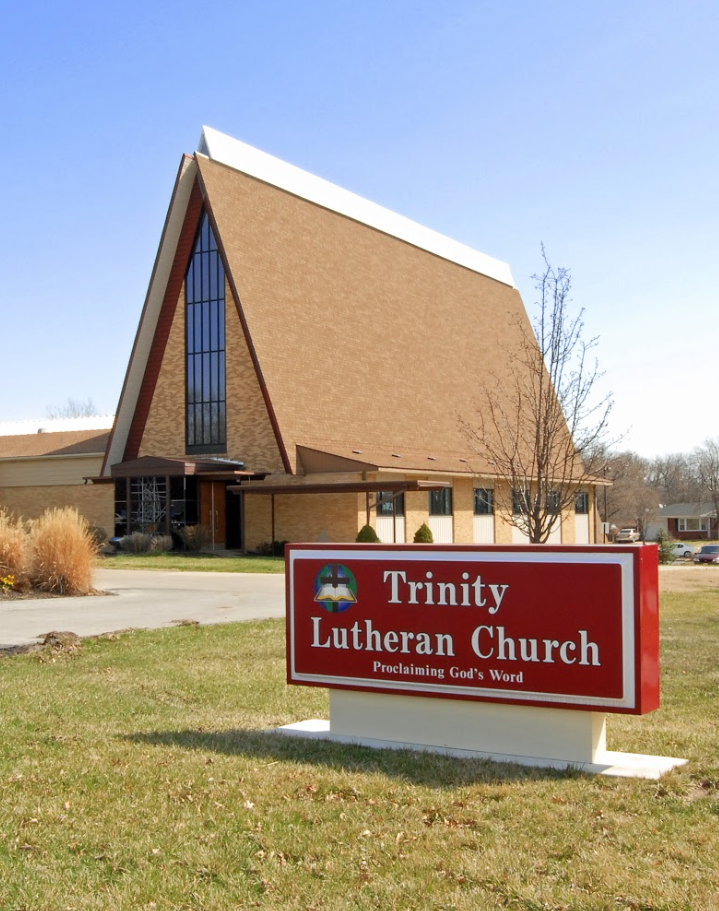 The Freedom From Religion Foundation has co-filed a brief before the U.S. Supreme Court supporting the denial of a Missouri grant to a church.
The Freedom From Religion Foundation has co-filed a brief before the U.S. Supreme Court supporting the denial of a Missouri grant to a church.
The Trinity Lutheran Church in Columbia, Mo., is appealing the refusal of a state grant for the upgrading of a playground at a preschool it runs. FFRF joins the brief filed by the American Civil Liberties Union and the ACLU of Missouri.
“Missouri could not have included Trinity Lutheran Church in the grant program without violating the First Amendment because the Establishment Clause squarely prohibits direct payment of taxpayer funds to churches and other houses of worship,” states the brief. “In short, Missouri’s decision to exclude Trinity Lutheran Church from the program was not merely permissible; as a constitutional matter, it was required.”
The brief reminds everyone that the use of taxpayer dollars to aid churches was one of the greatest concerns of the framers of the U.S. Constitution and, in large part, animated the passage of the Establishment Clause. James Madison and Thomas Jefferson recognized that compelling taxpayers to provide direct financial support to houses of worship encroaches on the right of conscience and threatens our freedom to decide for ourselves which faith to practice and support, or whether to follow any faith at all. Madison was adamant that even “three pence” in aid was too much of a threat to religious liberty.
“This court’s Establishment Clause jurisprudence has few bright-line rules, but in this instance, the court should reiterate that our historical aversion to direct taxpayer funding of churches is one line that may not be crossed, no matter how well-meaning the government program may be,” says the brief. “Strict enforcement of this constitutional boundary is essential to maintaining the delicate balance that the framers sought to create in singling out religion for special protection.”
Tying houses of worship financially to the state also undermines religious freedom by inviting the government to scrutinize and oversee their operations. Despite any short-term gain for the government-funded religious institution, in the long run, religious liberty is corroded, and, in the case of direct aid to a church, church autonomy is impeded, the brief asserts.
Additionally, the limited record before the court shows a significant risk that the church will use its taxpayer-improved playground for religious activities, the brief contends. Trinity Lutheran Church integrates religious teaching into all aspects of the preschool and is, therefore, likely to use its taxpayer-financed playground for religiously oriented activities.
For all these reasons, the various organizations co-filing the brief urge the U.S. Supreme Court to reaffirm that, under the First Amendment, the government may not provide taxpayer dollars directly to churches and other houses of worship.
The Freedom From Religion Foundation is a nationwide nonprofit organization dedicated to the separation of state and church, with almost 24,000 nonreligious members across the country, including more than 300 in Missouri. Staff Attorney Andrew Seidel was FFRF’s point person on the brief.

